The Application of Chain Extenders and Hydrolysis Resistance Agents in rPET Products
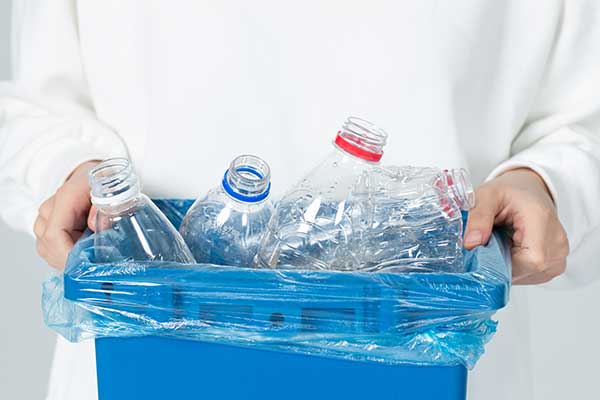
I. Introduction and Background Information on Chain Extenders and Hydrolysis Resistance Agents in rPET Products A. Overview of Recycled Polyethylene Terephthalate Products rPET (Recycled Polyethylene Terephthalate), an integral material in environmental protection and sustainable development, finds widespread applications across packaging, textiles, and other industries. Unfortunately, its products often encounter performance bottlenecks, necessitating the use of […]
Why does polyester monofilament degrade in high temperature and high humidity environments?

Due to its outstanding mechanical properties, chemical resistance, and durability, polyester monofilament has been widely used by many industries. In high-humidity and high-temperature environments, the performance of polyester monofilament can be affected over time. This article examines the causes of this degradation, possible solutions, and anti-hydrolysis as a way to address this issue. 1. What […]
The Role of Chain Extender in Promoting the Compatibility of PLA/PBAT Blends
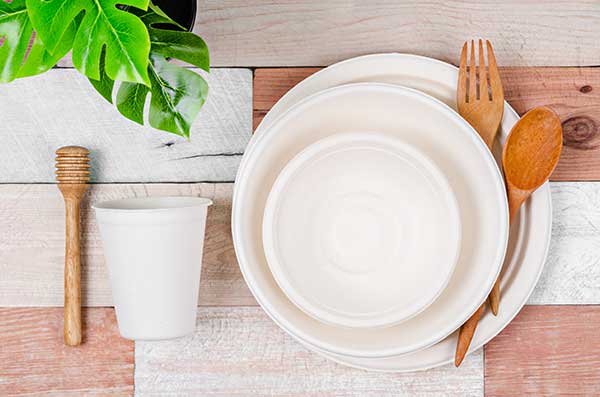
1. Introduction Polylactic acid (PLA) and poly(butylene adipate terephthalate) (PBAT) are two biodegradable polymers that have gained wide attention. PLA, made from renewable resources such as corn starch, is recognized for its good mechanical properties and high biodegradability. Its applications include packaging, 3D printing, and biomedical fields. On the other hand, PBAT boasts excellent flexibility, […]
Carbodiimide Anti-hydrolysis Agent: Ensuring the Diverse Applications of Polyurethane Foam
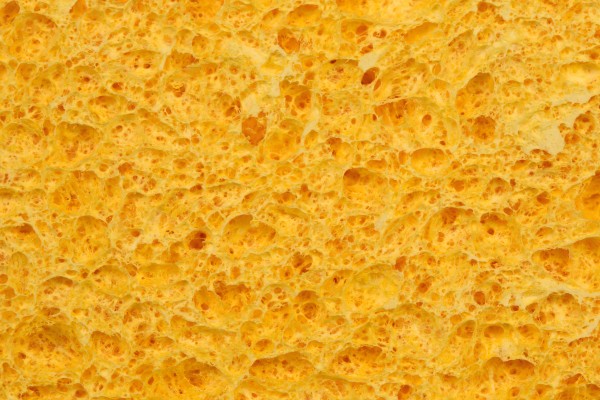
Introduction Polyurethane (PU) foam is a popular material, widely utilized across multiple industries for its cushioning, insulation, and lightweight characteristics. However, its susceptibility to hydrolysis in water or high – humidity environments is a major drawback. The carbodiimide anti-hydrolysis agent is essential when dealing with polyurethane foam (PU foam). It acts as a safeguard, protecting […]
Difference between Chain Extender and Anti-Hydrolysis Agent
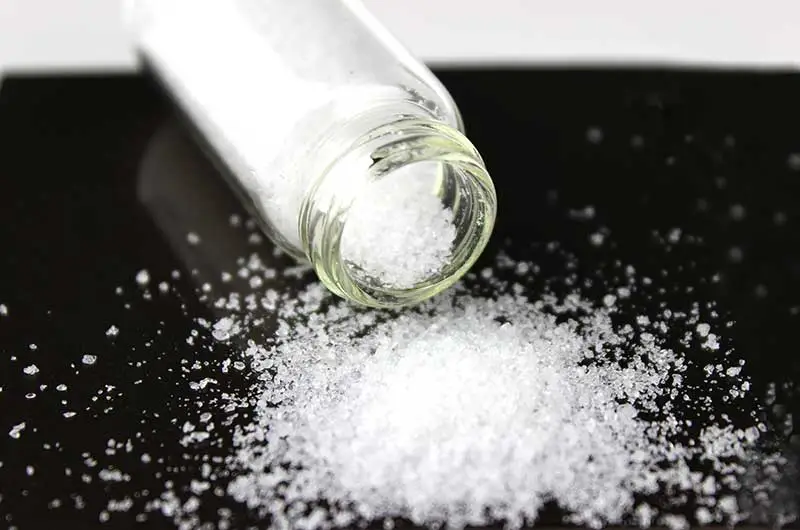
Chain extenders and anti-hydrolysis agents both play crucial roles in polymer material manufacturing processes; yet each has distinct features and purposes. This article aims to outline the differences between these two important additives. Chain Extender Anti-Hydrolysis Agent Differences between Chain Extender and Anti-Hydrolysis Agent Chain Extender Failure in High Temperature and High Humidity Environments Chain […]
From Viscosity to Intrinsic Viscosity (IV): A Holistic Understanding of Recycled PET (rPET) Material Properties
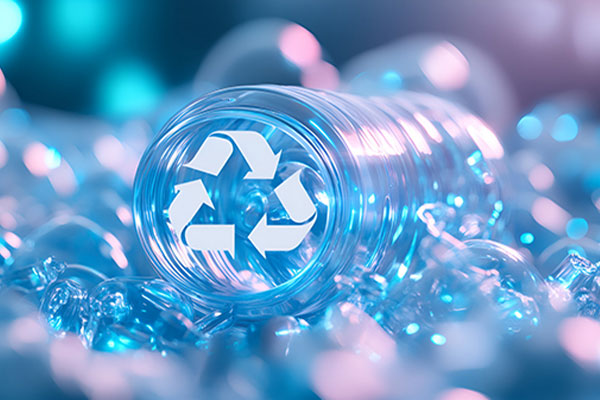
Recycled PET (rPET) is rapidly gaining popularity as industries shift toward sustainable materials. One key aspect of rPET’s performance is its intrinsic viscosity (IV), a critical parameter that directly impacts the material’s mechanical and processing properties. In this blog, we’ll explore what IV means, its importance in plastics, and how chain extenders can improve rPET […]
Carbodiimide Antihydrolysis Agent for Millable Polyurethane Rubber Applications
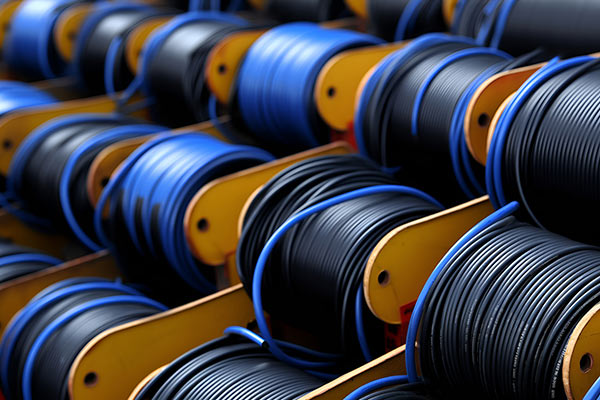
Millable polyurethane rubber has become widely utilized due to its exceptional properties. Unfortunately, due to moisture exposure and subsequent hydrolysis reactions, polyurethane rubber can easily be affected by hydrolysis reactions which compromise its performance and service life; to overcome this challenge, carbodiimide anti-hydrolysis agents have emerged. What is Millable Polyurethane Rubber? Millable polyurethane rubber (MPR) […]
Food-Safe Anti-Hydrolysis Solutions for PLA/PBAT in High-Temperature and Moisture Applications
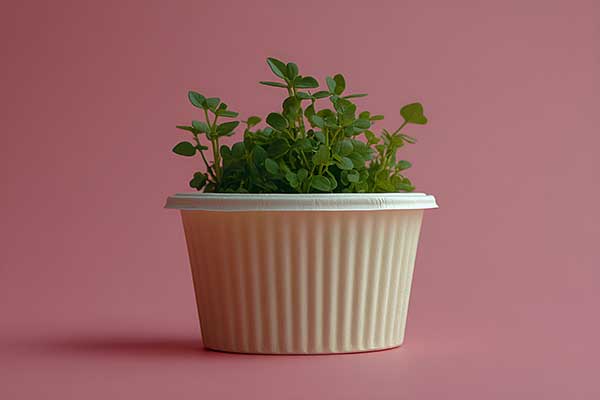
Introduction of PLA/PBAT As environmental awareness has increased in recent years, so have degradable materials like PLA (polylactic acid) and PBAT (poly(butylene adipate-co-terephthalate) come under scrutiny. PLA is a biodegradable thermoplastic polyester with excellent biocompatibility and mechanical properties made of renewable biomass resources such as corn starch; on the other hand, PBAT offers flexible processing […]
Applications of Chain Extenders in Polyhydroxyalkanoates (PHA): Enhancing Biodegradable Plastics for a Sustainable Future
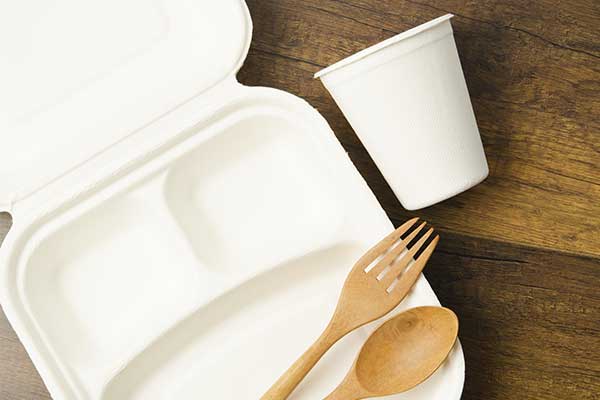
Introduction Polyhydroxyalkanoates (PHAs) are biodegradable, bio-based polymers that have gained significant attention as alternatives to traditional plastics. With growing environmental awareness, industries are seeking sustainable solutions that reduce plastic waste and dependency on fossil fuels. While PHAs offer promising biodegradability and eco-friendliness, they also present certain challenges in processing and performance, such as brittleness and […]
